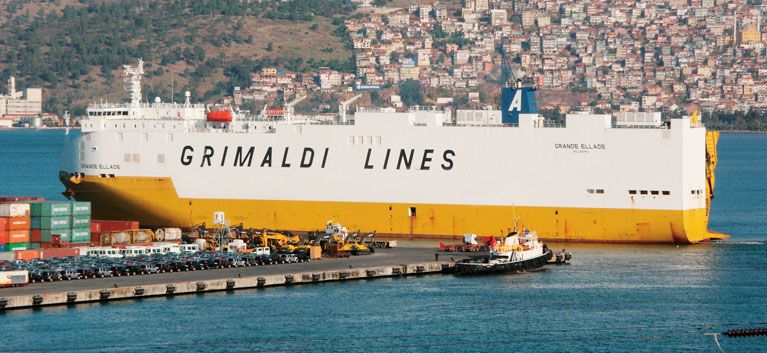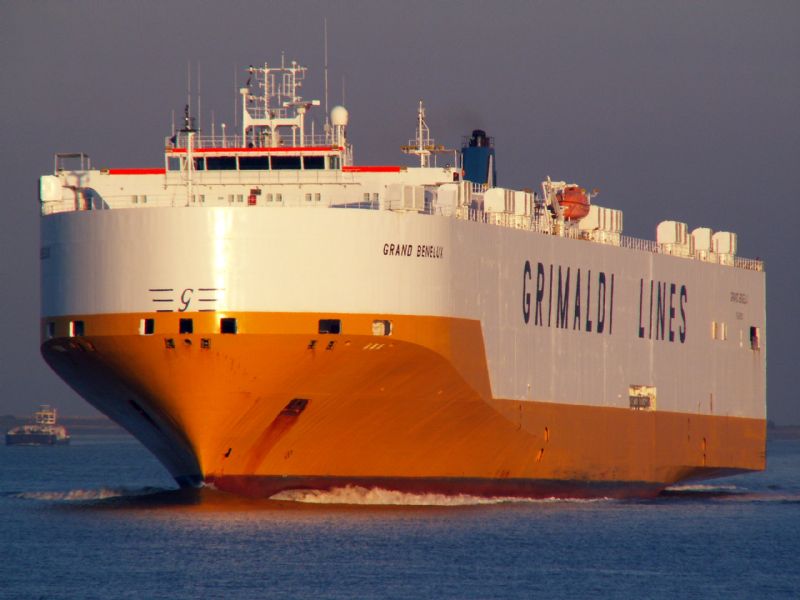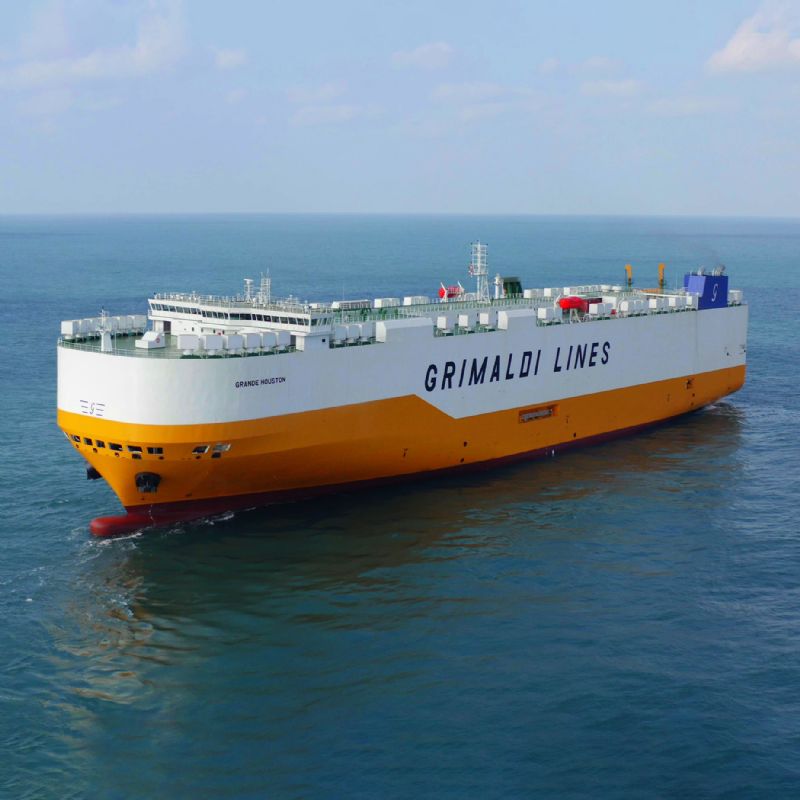
Italy’s Grimaldi Group working with the European Space Agency (ESA) is proceeding to the second phase of a program designed to develop and validate an assisted guidance system using satellite technology for docking maneuvers of large car carrier vessels. According to the company, the technology would improve the efficiency, safety, and eco-sustainability of maneuvers in port and work toward autonomous navigation.
The first phase was launched in 2022 within the ESA’s Navigation Innovation and Support Program and working with partners including Norwegian technology company Kongsberg, Italian classification society RINA, and Italy’s Radiolabs Consortium which is responsible for the design, execution, and validation of the system in real-world operating conditions.
The first phase of the project focused on the design of the equipment along with laboratory testing and pre-installation for the system to be tested on an in-service vessel. Based on the strong results, Grimaldi intends to develop and test an advisory system to achieve safe and efficient berthing operations of large vessels. Among the elements it will focus on are vessel positioning navigation and timing for autonomous sailing and operation as well as berth planning for maneuvering and sailing into and out of ports. The advisory system will provide information for optimal sailing in confined port areas while they will also incorporate situational awareness and develop user interaction.
As the effort progresses, they look to achieve Autonomy Level 2 where decision support tools can present options or influence the actions chosen by the human operator of the vessel. In addition, the study will explore the prerequisites for reaching Autonomy Level 3, where decisions and actions on the ship are performed autonomously with human supervision. The team will study the prerequisites for reaching Autonomy Level 3 by establishing an exhaustive set of requirements and verification criteria, including a Hazard Identification study of an autonomous berthing operation.
The project seeks to adopt the latest innovations in satellite-based multi-sensor technologies to improve the efficiency of maneuvers in port. In addition, the project will also develop advanced algorithms based on Artificial Intelligence as well as an interface for the functions of the Ship Automation system.
This is one of several projects underway studying the increased use of AI and automation systems to improve critical tasks including berthing and unberthing operations. Projects in Japan have also tested applications of autonomous berthing operations as they also test autonomous and remote vessel operations.
The first autonomous vessels are currently undergoing certification and validation tests in Norway as they look to go from human operations to remotely operated vessels. China claims to have launched its first autonomous vessels, a trend that among other things would address the growing shortage of skilled navigators and crewmembers.



We use cookies to improve your experience. By continuing to use our site, you accept our Cookies, Privacy Policy,Terms and Conditions. Close X